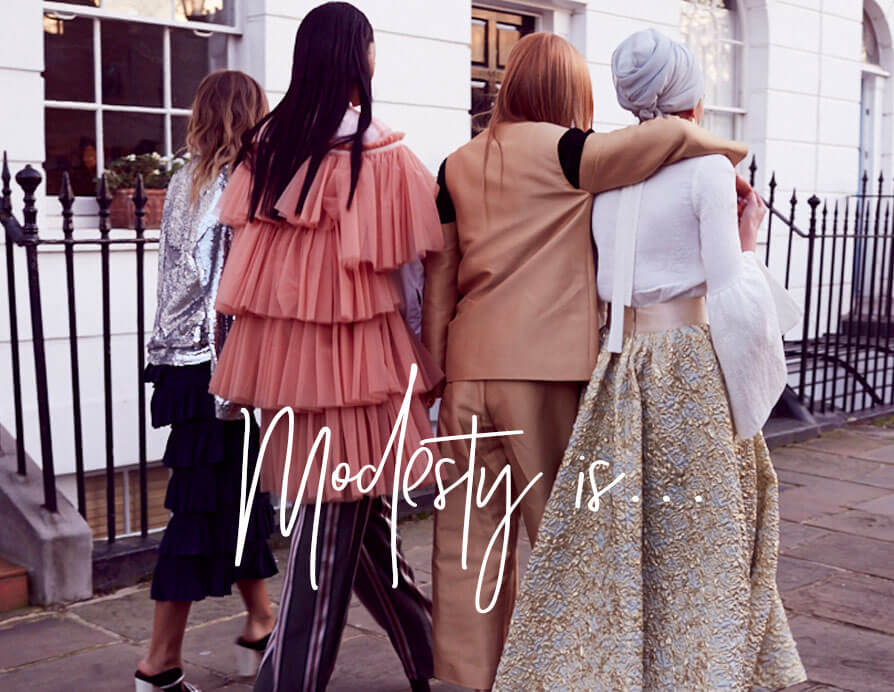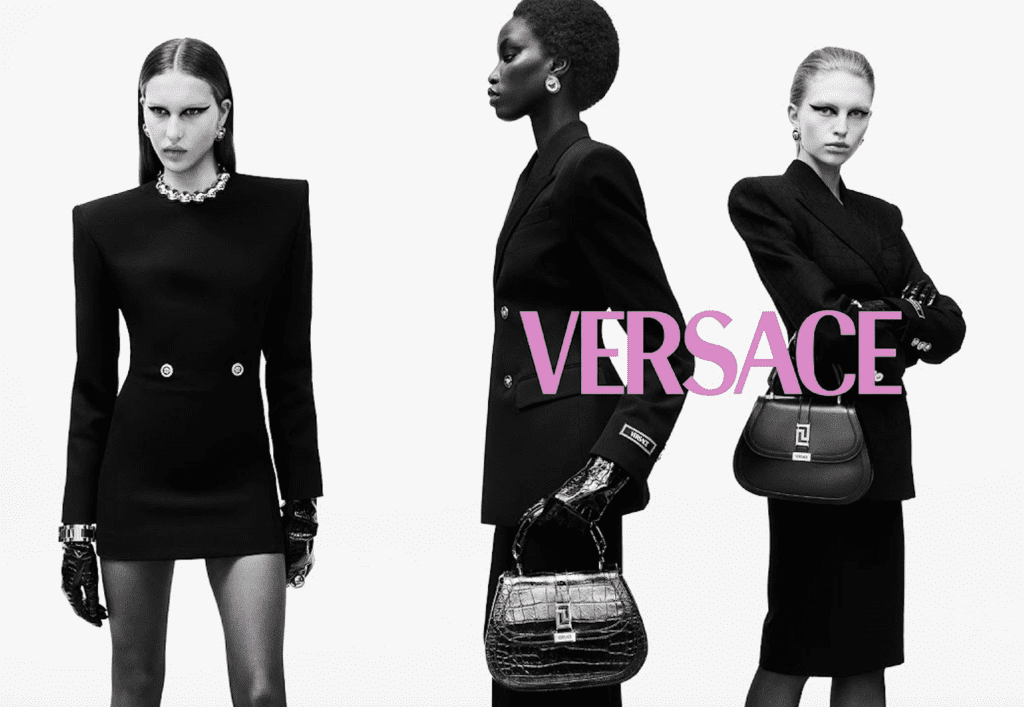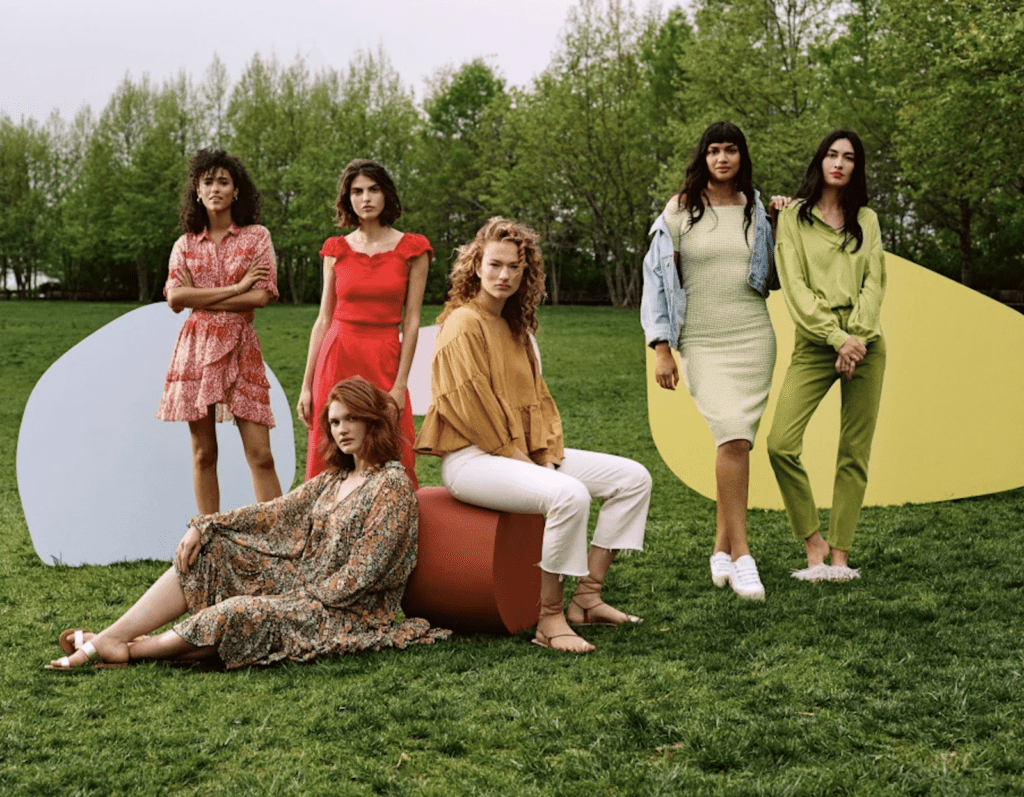The Abraaj Group, a Dubai-based private equity firm with $14 billion in assets and a mission aimed at solving social problems in emerging markets, was, until recently, close to becoming the world’s largest emerging-markets private-equity fund. Now, the firm – which was founded in 2002 by Pakistani businessman Arif Naqvi, who raised billions of dollars from the likes of the Bill & Melinda Gates Foundation, Bank of America, World Bank’s International Finance Corp., and the U.S. government – is the world’s largest insolvent private-equity firm.
In June, the 16-year old fund filed for liquidation, in the Cayman Islands, where it is registered. The liquidation filing came just 4 months after the firm and its founder were first publicly hit with allegations, by way of a damning Wall Street Journal article, that investors were questioning the use of their investments made exclusively for the company’s $1 billion healthcare fund.
According to a subsequent WSJ report, some details of the collapse are known: Abraaj, which means “towers” in Arabic, “used investor funds for its own expenses, according to former executives and investors. The firm further muddied its finances with the ‘unusual practice’ of borrowing money secured against its own stakes in its funds, creating ‘a highly unstable business model,’ liquidators wrote in a report.”
Moreover, “At least $660 million of investor money” – in Abraaj’s $1 billion healthcare fund – “was moved without the knowledge of most investors into bank accounts linked to Mr. Naqvi, 58, the private equity firm, and companies tied to his family and a former assistant, Reuters states.
When faced with accounting requests from the Gates Foundation, Abraaj allegedly took loans, including from Air Arabia, and comingled funds from its own treasury, in order to conceal money missing from the healthcare fund. The WSJ states that during investigations conducted earliest this year, lawyers for investors in the Abraaj healthcare fund found that such transactions boosted the balance of the fund from just $16,186 on December 1, 2017 to $9.98 million on December 15.
All the while, Naqvi was said to be readying to bribe Pakistani government officials with a $20 million payout in an effort to sell off his stake in K-Electric, Pakistan’s leading power utility. Naqvi has denied claims that he ever “contemplated, directed, authorized or paid any bribes with respect to the K- Electric sale.”
The Abraaj collapse – which the WSJ states, “has led some investors to question whether Dubai’s regulatory environment is sufficiently safe, and privately, some worry it has damaged trust in the movement to use private capital to solve social problems in emerging markets” – comes two years after the allegedly problematic healthcare arm of the firm raised the bulk of its funds.
Naqvi has denied any wrongdoing, telling the WSJ, “The allegations against me are entirely false and vehemently denied. I have neither misused nor misappropriated any Abraaj funds.”
Of interest for fashion followers is where at least some of that $660 million in investor money went: buzzy modest fashion site, The Modist. Naqvi – who is a personal investor in the Dubai-based e-commerce business launched in 2017 by Ghizlan Guenez, who worked at Abraaj Capital for 14 years – confirmed earlier this year that he was entitled to access Abraaj funds, including for his sons and The Modist, and in November 2017, Abraaj sent $499,876 to The Modist, according to a bank statement reviewed by the WSJ.
The Modist – which was launched in 2017 and has since secured $15 million during a June 2018 funding round – joins a larger movement in the fashion industry and beyond of women adopting wardrobes that consists of longer lengths, higher cuts, and looser fits, and comes as fashion-specific spending amongst Muslim consumers recently topped $230 billion, according to the most recent State of the Islamic Economy Report.
This summer, the Grand Court of the Cayman Islands appointed liquidators at PricewaterhouseCoopers and Deloitte, while regulators in the U.S., U.K. and Singapore have reportedly received allegations of wrongdoing at Abraaj, and the Dubai Financial Services Authority is in the midst of investigating “a range of matters within the Abraaj Group.”
As for Naqvi, he told the WSJ via email that his fund has “touched the lives of hundreds of thousands of less fortunate people. I certainly plan on continuing this journey.”











